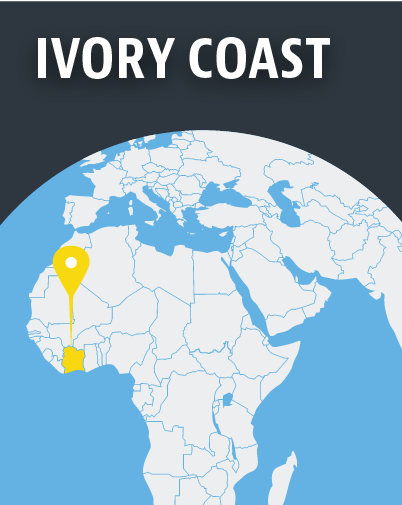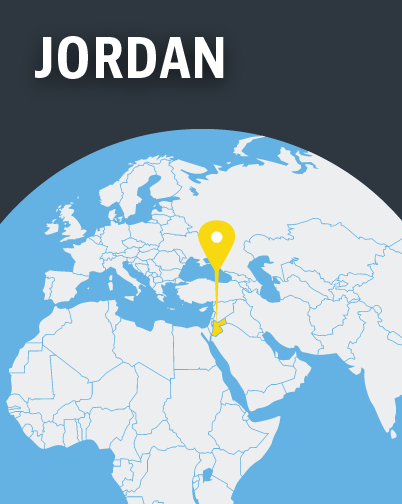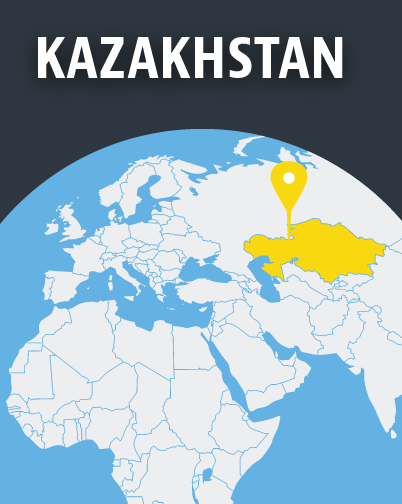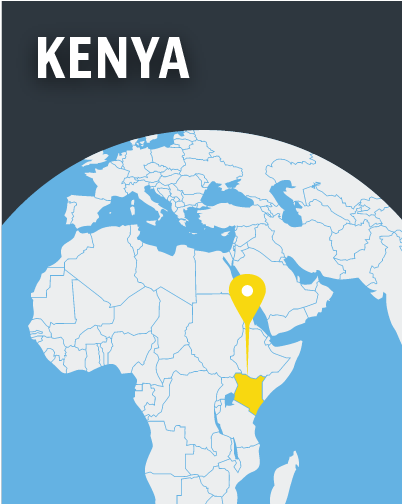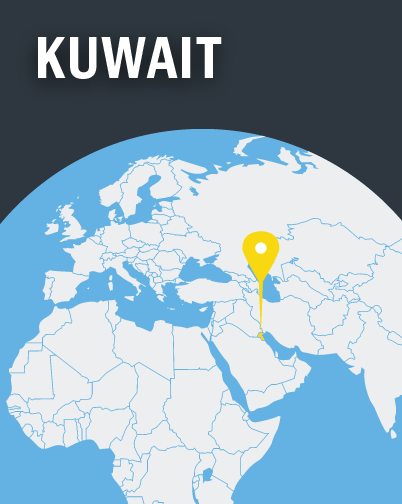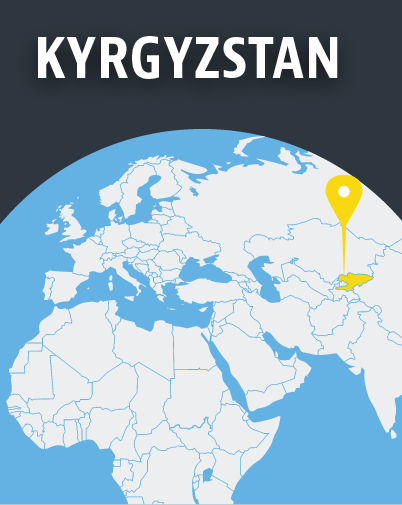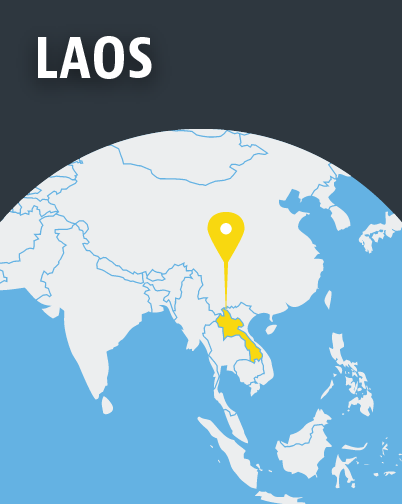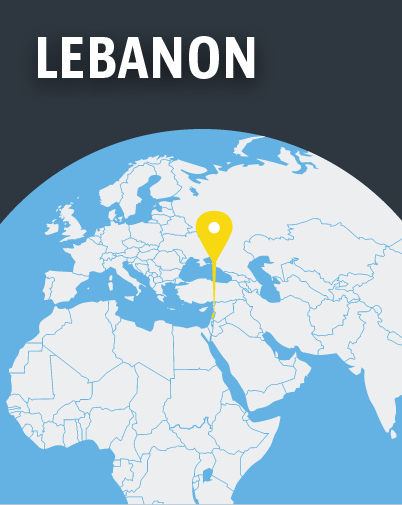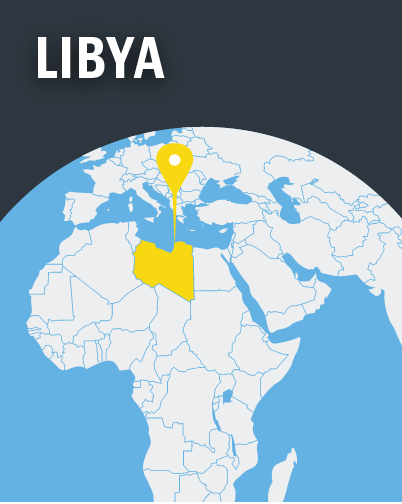Israel
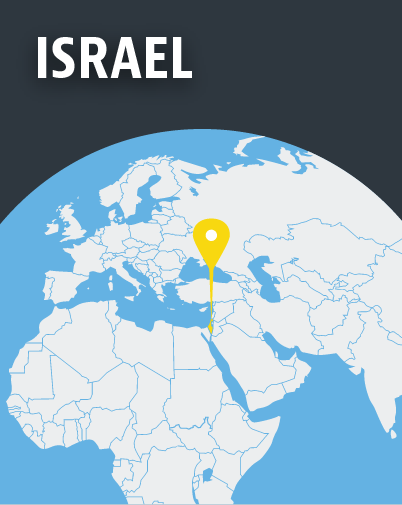
Christians in Israel enjoy a higher level of religious freedom than in most other countries in the Middle East, although, being a Jewish state, Jewish citizens receive preferential treatment. Messianic Jews and those who convert from Judaism to Christianity may be branded traitors by ultra-orthodox Jewish organisations, while converts from a . . . Read More
